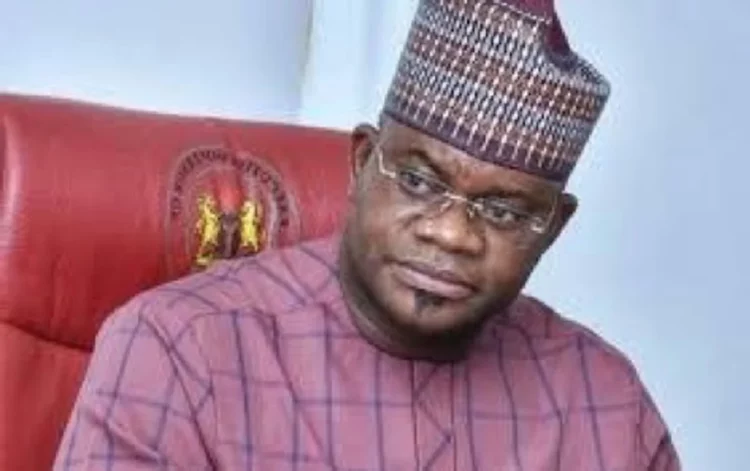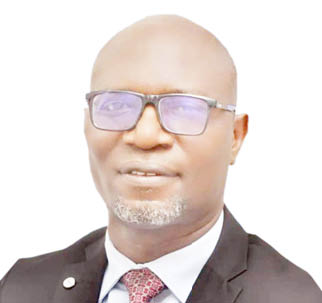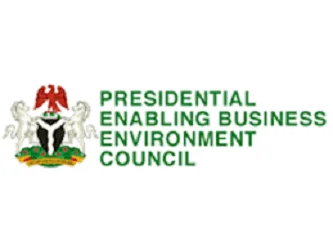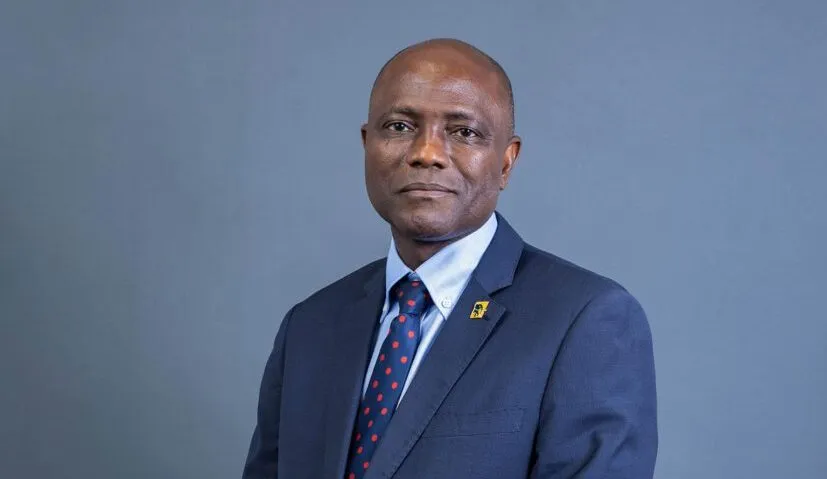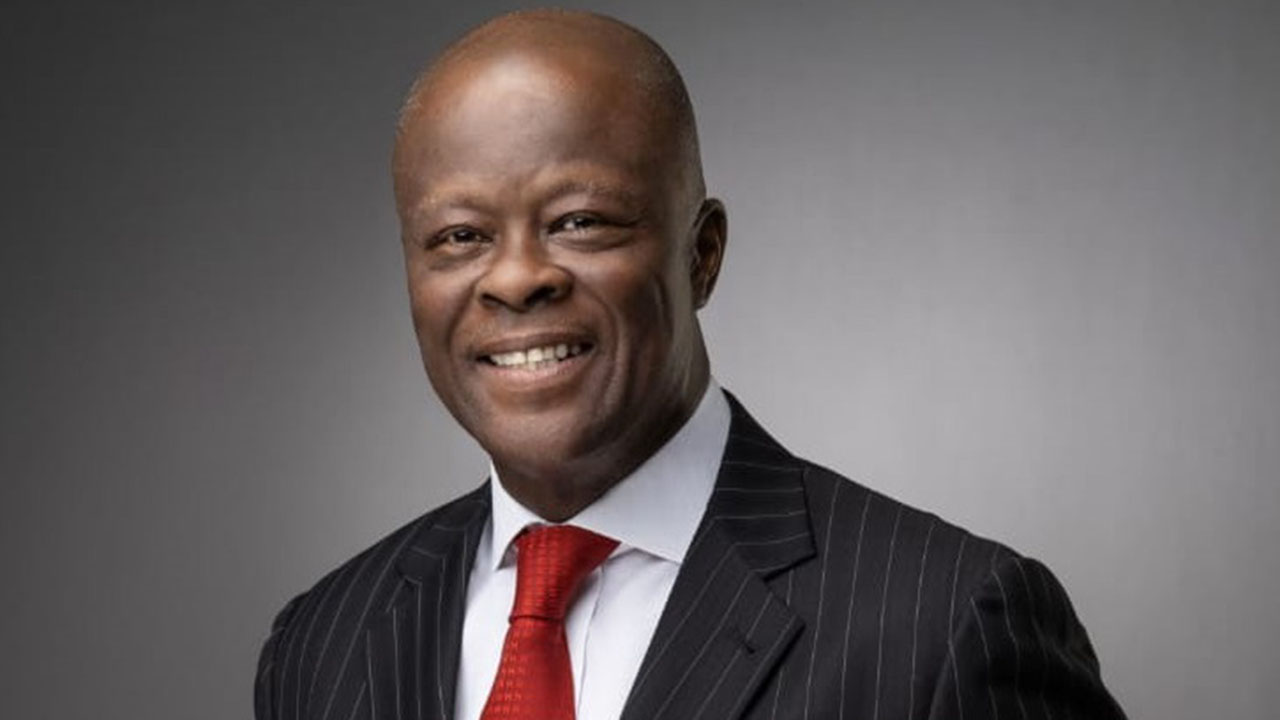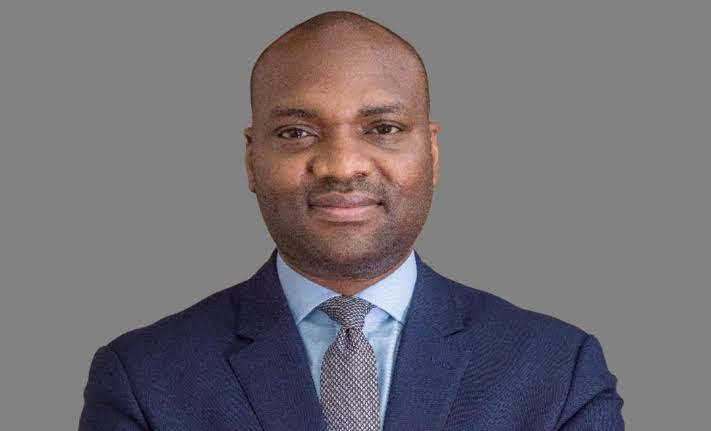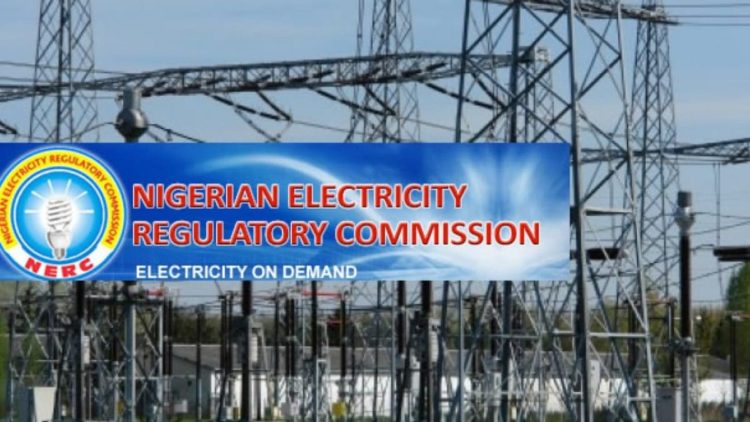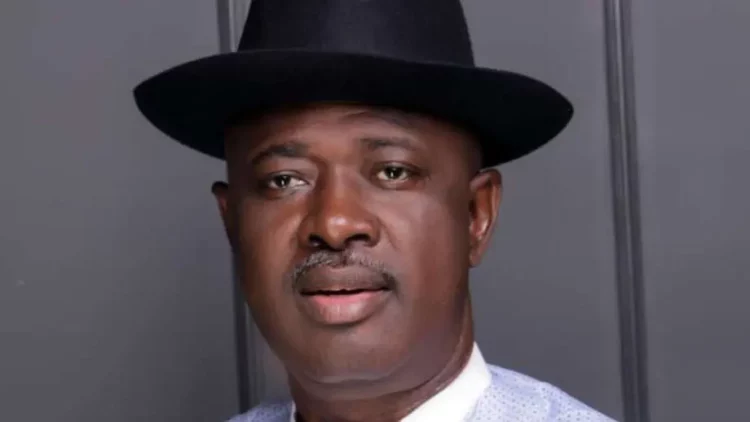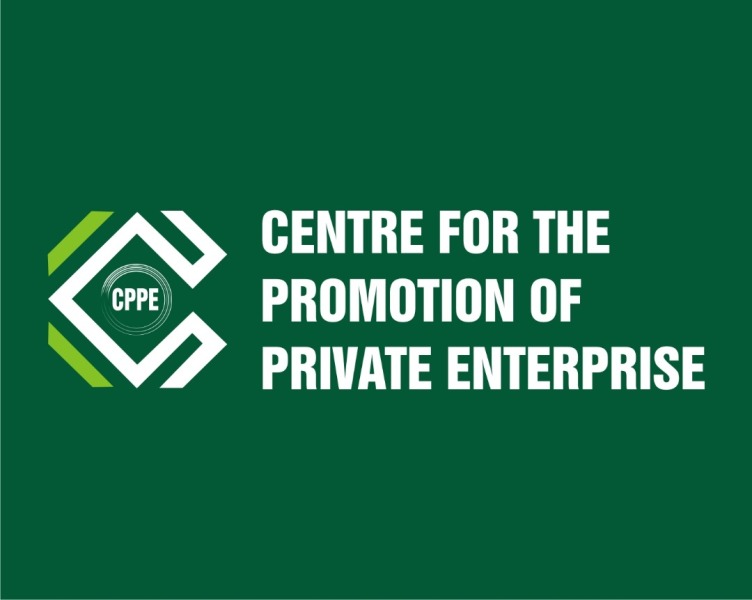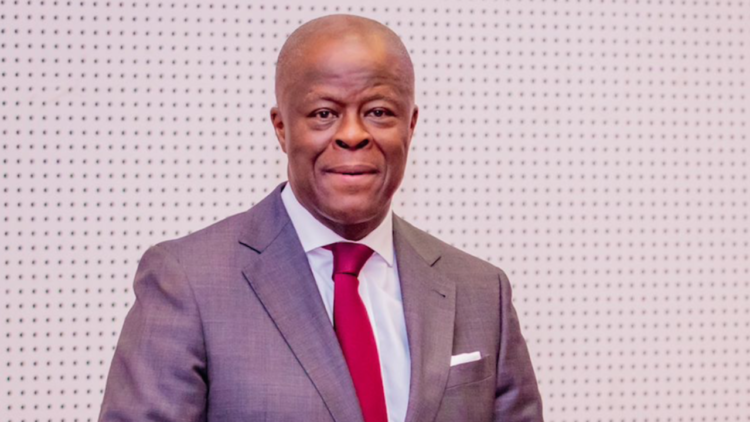
The Nigerian government’s usual failure to ensure transparency in the process of revenue generation and remittance by agencies classified as Government-owned Enterprises (GOEs) has continued to expand an existential revenue leakage despite widening fiscal deficits, higher debt burden and widespread hardship in the country.
Checks by LEADERSHIP have revealed that the failure of the government to aggressively and effectively put the GOEs on check has given the privileged few in charge of those establishments undue advantage in terms of discretionary application of the national wealth even against their counterparts in the same public sector.
A review of the 2024 budget of the government establishments showed that over N93.429 billion was earmarked by 41 GEOs for a vague item of “welfare packages” in the current fiscal year despite the habitual allocation of public funds to non-existing areas or projects in the budget.
The chart table is led by the Nigeria Upstream Petroleum Regulation Commission (NUPRC) which voted N50.4 billion for welfare packages alone in the 2024 fiscal year. Curiously, NUPRC would also be spending N65.20 billion on personnel costs in the year under review aside from other financial votes for frivolities.
https://googleads.g.doubleclick.net/pagead/ads?gdpr=0&us_privacy=1—&gpp_sid=-1&client=ca-pub-5228780540891921&output=html&h=280&adk=3908584181&adf=3867162050&pi=t.aa~a.2067693828~i.8~rp.4&w=758&fwrn=4&fwrnh=100&lmt=1713771799&num_ads=1&rafmt=1&armr=3&sem=mc&pwprc=4671932670&ad_type=text_image&format=758×280&url=https%3A%2F%2Fleadership.ng%2F2024-budget-nuprc-nafdac-5-others-earmark-n80-9bn-for-welfare%2F&fwr=0&pra=3&rh=190&rw=757&rpe=1&resp_fmts=3&wgl=1&fa=27&uach=WyJXaW5kb3dzIiwiMC4zLjAiLCJ4ODYiLCIiLCIxMDguMC41MzU5LjEyNiIsbnVsbCwwLG51bGwsIjY0IixbWyJOb3Q_QV9CcmFuZCIsIjguMC4wLjAiXSxbIkNocm9taXVtIiwiMTA4LjAuNTM1OS4xMjYiXSxbIkdvb2dsZSBDaHJvbWUiLCIxMDguMC41MzU5LjEyNiJdXSwxXQ..&dt=1713771798937&bpp=9&bdt=6672&idt=-M&shv=r20240417&mjsv=m202404180101&ptt=9&saldr=aa&abxe=1&cookie=ID%3D0bbb54e7140e032c%3AT%3D1699964531%3ART%3D1713771606%3AS%3DALNI_Ma9-E9mLc0JTGzLYAH3jHglehRpDg&gpic=UID%3D00000cc3b69825a5%3AT%3D1699964531%3ART%3D1713771606%3AS%3DALNI_MaJVeVGbC2JJ_utfdHBCVkCGZd6qw&eo_id_str=ID%3Dedff4c6c9cb77b27%3AT%3D1713338988%3ART%3D1713771606%3AS%3DAA-AfjaE_UkJJuZoKxeJkko-1nE1&prev_fmts=0x0%2C248x600&nras=2&correlator=4490127040267&frm=20&pv=1&ga_vid=593424710.1699964530&ga_sid=1713771798&ga_hid=326409970&ga_fc=1&u_tz=60&u_his=4&u_h=768&u_w=1366&u_ah=728&u_aw=1366&u_cd=24&u_sd=1&dmc=4&adx=195&ady=1759&biw=1349&bih=580&scr_x=0&scr_y=952&eid=44759876%2C44759927%2C44759842%2C42532524%2C44798934%2C95329832%2C31082941%2C95330889%2C31081873%2C95321867%2C21065725&oid=2&pvsid=2774764436348096&tmod=636200742&uas=3&nvt=1&ref=https%3A%2F%2Fleadership.ng%2F&fc=1408&brdim=0%2C0%2C0%2C0%2C1366%2C0%2C1366%2C728%2C1366%2C580&vis=1&rsz=%7C%7Cs%7C&abl=NS&fu=128&bc=31&bz=1&psd=W251bGwsbnVsbCxudWxsLDNd&ifi=3&uci=a!3&btvi=2&fsb=1&dtd=458
Next in line is National Agency for Food, Drug Administration and Control (NAFDAC), with N6.67 billion, and Nigeria Deposit Insurance Corporation (NDIC). From the N21.99 billion budgeted for miscellaneous expenditure by the NDIC, it will spend a whopping N5.3 billion on workers’ welfare alone in 2024.
This newspaper recently revealed how the Budget Office of the Federation earmarked the largest allocation of N920.301 billion for miscellaneous expenses, taking advantage of cozy relations with the National Assembly, which often inflates budget figures for clandestine agendas.
Standard Organisation of Nigeria (SON) also has N2.5 billion approved for welfare packages without details on what it would be spent on, while the Nigeria Civil Aviation Authority (NCAA) appears to have even begun the expenditure of the N1.164 billion budgeted for miscellaneous.
On its part, the Nigeria Export Processing Zones Authority (NEPZA) is taking N1.224 billion as welfare packages for staff that are already taking N978.57 million outsid of allowances.
https://googleads.g.doubleclick.net/pagead/ads?gdpr=0&us_privacy=1—&gpp_sid=-1&client=ca-pub-5228780540891921&output=html&h=280&adk=3908584181&adf=1662000413&pi=t.aa~a.2067693828~i.17~rp.4&w=758&fwrn=4&fwrnh=100&lmt=1713771799&num_ads=1&rafmt=1&armr=3&sem=mc&pwprc=4671932670&ad_type=text_image&format=758×280&url=https%3A%2F%2Fleadership.ng%2F2024-budget-nuprc-nafdac-5-others-earmark-n80-9bn-for-welfare%2F&fwr=0&pra=3&rh=190&rw=757&rpe=1&resp_fmts=3&wgl=1&fa=27&uach=WyJXaW5kb3dzIiwiMC4zLjAiLCJ4ODYiLCIiLCIxMDguMC41MzU5LjEyNiIsbnVsbCwwLG51bGwsIjY0IixbWyJOb3Q_QV9CcmFuZCIsIjguMC4wLjAiXSxbIkNocm9taXVtIiwiMTA4LjAuNTM1OS4xMjYiXSxbIkdvb2dsZSBDaHJvbWUiLCIxMDguMC41MzU5LjEyNiJdXSwxXQ..&dt=1713771798937&bpp=9&bdt=6673&idt=9&shv=r20240417&mjsv=m202404180101&ptt=9&saldr=aa&abxe=1&cookie=ID%3D0bbb54e7140e032c%3AT%3D1699964531%3ART%3D1713771606%3AS%3DALNI_Ma9-E9mLc0JTGzLYAH3jHglehRpDg&gpic=UID%3D00000cc3b69825a5%3AT%3D1699964531%3ART%3D1713771606%3AS%3DALNI_MaJVeVGbC2JJ_utfdHBCVkCGZd6qw&eo_id_str=ID%3Dedff4c6c9cb77b27%3AT%3D1713338988%3ART%3D1713771606%3AS%3DAA-AfjaE_UkJJuZoKxeJkko-1nE1&prev_fmts=0x0%2C248x600%2C758x280&nras=3&correlator=4490127040267&frm=20&pv=1&ga_vid=593424710.1699964530&ga_sid=1713771798&ga_hid=326409970&ga_fc=1&u_tz=60&u_his=4&u_h=768&u_w=1366&u_ah=728&u_aw=1366&u_cd=24&u_sd=1&dmc=4&adx=195&ady=2837&biw=1349&bih=580&scr_x=0&scr_y=952&eid=44759876%2C44759927%2C44759842%2C42532524%2C44798934%2C95329832%2C31082941%2C95330889%2C31081873%2C95321867%2C21065725&oid=2&pvsid=2774764436348096&tmod=636200742&uas=3&nvt=1&ref=https%3A%2F%2Fleadership.ng%2F&fc=1408&brdim=0%2C0%2C0%2C0%2C1366%2C0%2C1366%2C728%2C1366%2C580&vis=1&rsz=%7C%7Cs%7C&abl=NS&fu=128&bc=31&bz=1&psd=W251bGwsbnVsbCxudWxsLDNd&ifi=4&uci=a!4&btvi=3&fsb=1&dtd=581
The GEOs hide under the cover of revenue generating agencies with the permission to withhold a certain percentage of the revenue as cost of collection to unduly enrich themselves and deny the government and Nigerians their duly supposed income.
For instance, after taking a whopping N15,131,971,394.22 billion for staff allowances, N10,449,982,489.32 billion as personnel cost for its relatively slim staff payroll and N1,806,781,323 billion to purchase office building at a time many government (seized) assets are left to rot away, National Pension Commission (PenCom) is set to spend N2.8 billion on a vague miscellaneous aside the N342.6 million that is earmarked for welfare packages in 2024 alone. That is aside from other suspicious expenditure.
The National Information Technology Development Agency (NITDA) has also set aside N1.4 billion for miscellaneous expenses in the budget year.
https://googleads.g.doubleclick.net/pagead/ads?gdpr=0&us_privacy=1—&gpp_sid=-1&client=ca-pub-5228780540891921&output=html&h=280&adk=3908584181&adf=3938656327&pi=t.aa~a.2067693828~i.23~rp.4&w=758&fwrn=4&fwrnh=100&lmt=1713771800&num_ads=1&rafmt=1&armr=3&sem=mc&pwprc=4671932670&ad_type=text_image&format=758×280&url=https%3A%2F%2Fleadership.ng%2F2024-budget-nuprc-nafdac-5-others-earmark-n80-9bn-for-welfare%2F&fwr=0&pra=3&rh=190&rw=757&rpe=1&resp_fmts=3&wgl=1&fa=27&uach=WyJXaW5kb3dzIiwiMC4zLjAiLCJ4ODYiLCIiLCIxMDguMC41MzU5LjEyNiIsbnVsbCwwLG51bGwsIjY0IixbWyJOb3Q_QV9CcmFuZCIsIjguMC4wLjAiXSxbIkNocm9taXVtIiwiMTA4LjAuNTM1OS4xMjYiXSxbIkdvb2dsZSBDaHJvbWUiLCIxMDguMC41MzU5LjEyNiJdXSwxXQ..&dt=1713771798975&bpp=8&bdt=6710&idt=8&shv=r20240417&mjsv=m202404180101&ptt=9&saldr=aa&abxe=1&cookie=ID%3D0bbb54e7140e032c%3AT%3D1699964531%3ART%3D1713771606%3AS%3DALNI_Ma9-E9mLc0JTGzLYAH3jHglehRpDg&gpic=UID%3D00000cc3b69825a5%3AT%3D1699964531%3ART%3D1713771606%3AS%3DALNI_MaJVeVGbC2JJ_utfdHBCVkCGZd6qw&eo_id_str=ID%3Dedff4c6c9cb77b27%3AT%3D1713338988%3ART%3D1713771606%3AS%3DAA-AfjaE_UkJJuZoKxeJkko-1nE1&prev_fmts=0x0%2C248x600%2C758x280%2C758x280&nras=4&correlator=4490127040267&frm=20&pv=1&ga_vid=593424710.1699964530&ga_sid=1713771798&ga_hid=326409970&ga_fc=1&u_tz=60&u_his=4&u_h=768&u_w=1366&u_ah=728&u_aw=1366&u_cd=24&u_sd=1&dmc=4&adx=195&ady=2906&biw=1349&bih=580&scr_x=0&scr_y=952&eid=44759876%2C44759927%2C44759842%2C42532524%2C44798934%2C95329832%2C31082941%2C95330889%2C31081873%2C95321867%2C21065725&oid=2&pvsid=2774764436348096&tmod=636200742&uas=3&nvt=1&ref=https%3A%2F%2Fleadership.ng%2F&fc=1408&brdim=0%2C0%2C0%2C0%2C1366%2C0%2C1366%2C728%2C1366%2C580&vis=1&rsz=%7C%7Cs%7C&abl=NS&fu=128&bc=31&bz=1&psd=W251bGwsbnVsbCxudWxsLDNd&ifi=5&uci=a!5&btvi=4&fsb=1&dtd=1294
National Space Research and Development Agency (NASRDA) would also be spending N24,704,730,325.78 as total expenditure in 2024. Its staff salary will cost Nigeria N16,173,855,919.44 in the year under review. Aside that, N2,429,660.25 would be taken by the agency for welfare packages, while the National Sugar Development Council (NSDC) will take N39.6 million for the same purpose.
Others include the National Inland Waterways Authority (NIWA), N367,500,000; National Insurance Commission (NAICOM), N129.991 million; National Lottery Regulatory Commission (NLRC), N25,419,200 million, aside a total miscellaneous package of N30,478,850 million; National Lottery Trust Fund (NLTF) allocated N691,990,785.32 for miscellaneous items alone while the National Office for Technology Acquisition and Promotion (NOTAP) has N8.76 million as welfare package.
A further look into the budgets of the GOEs reveals that Oil & Gas Free Zone Authority would take N126.9 million, while the Raw Materials Research and Development Council (RMRDC) will spend N350 million on staff welfare, with Nigerian Television Authority (NTA) earmarking N73.8 million for the same reason.
Nigeria Immigration Service (NIS) would draw N891,240,537.18 million for staff welfare from the national treasury for the same personnel who will take a total of N79,860,915,182 billion.70 as salary.
From the N 1,854,983,014 billion expected revenue from the Nigeria Integrated Water Management Commission (NIWMC), N10,427,878.75 million will be taken for an unspecified staff welfare package.
Nigeria Meteorological Agency (NIMET) has N925,976,298.50 million approved for it as welfare package in the same year that the Nigeria Social Insurance Trust Fund (NSITF) is taking N100 million for welfare package after drawing N25.63 billion from the federation account.
https://googleads.g.doubleclick.net/pagead/ads?gdpr=0&us_privacy=1—&gpp_sid=-1&client=ca-pub-5228780540891921&output=html&h=280&adk=3908584181&adf=2376904792&pi=t.aa~a.2067693828~i.35~rp.4&w=758&fwrn=4&fwrnh=100&lmt=1713771891&num_ads=1&rafmt=1&armr=3&sem=mc&pwprc=4671932670&ad_type=text_image&format=758×280&url=https%3A%2F%2Fleadership.ng%2F2024-budget-nuprc-nafdac-5-others-earmark-n80-9bn-for-welfare%2F&fwr=0&pra=3&rh=190&rw=757&rpe=1&resp_fmts=3&wgl=1&fa=27&uach=WyJXaW5kb3dzIiwiMC4zLjAiLCJ4ODYiLCIiLCIxMDguMC41MzU5LjEyNiIsbnVsbCwwLG51bGwsIjY0IixbWyJOb3Q_QV9CcmFuZCIsIjguMC4wLjAiXSxbIkNocm9taXVtIiwiMTA4LjAuNTM1OS4xMjYiXSxbIkdvb2dsZSBDaHJvbWUiLCIxMDguMC41MzU5LjEyNiJdXSwxXQ..&dt=1713771799013&bpp=9&bdt=6748&idt=9&shv=r20240417&mjsv=m202404180101&ptt=9&saldr=aa&abxe=1&cookie=ID%3D0bbb54e7140e032c%3AT%3D1699964531%3ART%3D1713771606%3AS%3DALNI_Ma9-E9mLc0JTGzLYAH3jHglehRpDg&gpic=UID%3D00000cc3b69825a5%3AT%3D1699964531%3ART%3D1713771606%3AS%3DALNI_MaJVeVGbC2JJ_utfdHBCVkCGZd6qw&eo_id_str=ID%3Dedff4c6c9cb77b27%3AT%3D1713338988%3ART%3D1713771606%3AS%3DAA-AfjaE_UkJJuZoKxeJkko-1nE1&prev_fmts=0x0%2C248x600%2C758x280%2C758x280%2C758x280&nras=5&correlator=4490127040267&frm=20&pv=1&ga_vid=593424710.1699964530&ga_sid=1713771798&ga_hid=326409970&ga_fc=1&u_tz=60&u_his=4&u_h=768&u_w=1366&u_ah=728&u_aw=1366&u_cd=24&u_sd=1&dmc=4&adx=195&ady=3684&biw=1349&bih=580&scr_x=0&scr_y=1364&eid=44759876%2C44759927%2C44759842%2C42532524%2C44798934%2C95329832%2C31082941%2C95330889%2C31081873%2C95321867%2C21065725&oid=2&pvsid=2774764436348096&tmod=636200742&uas=3&nvt=1&ref=https%3A%2F%2Fleadership.ng%2F&fc=1408&brdim=0%2C0%2C0%2C0%2C1366%2C0%2C1366%2C728%2C1366%2C580&vis=1&rsz=%7C%7Cs%7C&abl=NS&fu=128&bc=31&bz=1&psd=W251bGwsbnVsbCxudWxsLDNd&ifi=6&uci=a!6&btvi=5&fsb=1&dtd=92812
Nigerian Agricultural Insurance Corporation (NAIC) on its part will take N796.6 million for miscellaneous expenses from the expected revenue generation of N1.45 billion.
Nigerian Airspace Management Agency (NAMA) has N200 million for welfare, while Nigerian Bulk Electricity Trading (NBET) takes N385 million for welfare packages from an expected revenue of N463.4 billion on behalf of the government.
Other agencies include: National Health Insurance Scheme (NHIS), N120 million; National Film and Video Censors Board, N10.83 million; National Broadcasting Commission (NBC), N746.4; and National Automotive Design and Development Council (NADDC), N491.16 million; Corporate Affairs Commission (CAC), N449.87 million, for social benefits; Federal Mortgage Bank of Nigeria (FMBN), N87.5 million; Federal Road Safety Corps (FRSC), N186.0 million; Administrative Staff College of Nigeria (ASCON), N8 million;
Lagos International Trade Fair Complex Management Board, N7.9 million; Financial Reporting Council (FRC), N105.94 million; Joint Admissions and Matriculation Board (JAMB) N950.0 million; Nigerian Communication Commission (NCC), N953.73 million; Nigerian Communication Satellite Ltd (NIGCOMSAT) N6.4 million; Nigerian Copyright Communication, N45.85 million; and Nigerian Electricity Management Services Agency (NEMSA), N50 million.
Others are the Nigerian Electricity Regulatory Commission (NERC), N250 million, and the Nigerian Export Promotion Council (NEPC), N3.3 million.
Responding to the exorbitant spending on welfare at a critical time Nigeria is suffering fiscal deficit and mounting internal and external debt, the group executive chairman of Lancelot Group, Mr. Adebayo Adeleke, said such allocation only serves as a breeding ground for corruption.
https://googleads.g.doubleclick.net/pagead/ads?gdpr=0&us_privacy=1—&gpp_sid=-1&client=ca-pub-5228780540891921&output=html&h=280&adk=3908584181&adf=1806451297&pi=t.aa~a.2067693828~i.47~rp.4&w=758&fwrn=4&fwrnh=100&lmt=1713771920&num_ads=1&rafmt=1&armr=3&sem=mc&pwprc=4671932670&ad_type=text_image&format=758×280&url=https%3A%2F%2Fleadership.ng%2F2024-budget-nuprc-nafdac-5-others-earmark-n80-9bn-for-welfare%2F&fwr=0&pra=3&rh=190&rw=757&rpe=1&resp_fmts=3&wgl=1&fa=27&uach=WyJXaW5kb3dzIiwiMC4zLjAiLCJ4ODYiLCIiLCIxMDguMC41MzU5LjEyNiIsbnVsbCwwLG51bGwsIjY0IixbWyJOb3Q_QV9CcmFuZCIsIjguMC4wLjAiXSxbIkNocm9taXVtIiwiMTA4LjAuNTM1OS4xMjYiXSxbIkdvb2dsZSBDaHJvbWUiLCIxMDguMC41MzU5LjEyNiJdXSwxXQ..&dt=1713771799047&bpp=8&bdt=6783&idt=8&shv=r20240417&mjsv=m202404180101&ptt=9&saldr=aa&abxe=1&cookie=ID%3D0bbb54e7140e032c%3AT%3D1699964531%3ART%3D1713771919%3AS%3DALNI_Ma9-E9mLc0JTGzLYAH3jHglehRpDg&gpic=UID%3D00000cc3b69825a5%3AT%3D1699964531%3ART%3D1713771919%3AS%3DALNI_MaJVeVGbC2JJ_utfdHBCVkCGZd6qw&eo_id_str=ID%3Dedff4c6c9cb77b27%3AT%3D1713338988%3ART%3D1713771919%3AS%3DAA-AfjaE_UkJJuZoKxeJkko-1nE1&prev_fmts=0x0%2C248x600%2C758x280%2C758x280%2C758x280%2C758x280&nras=6&correlator=4490127040267&frm=20&pv=1&ga_vid=593424710.1699964530&ga_sid=1713771798&ga_hid=326409970&ga_fc=1&u_tz=60&u_his=4&u_h=768&u_w=1366&u_ah=728&u_aw=1366&u_cd=24&u_sd=1&dmc=4&adx=195&ady=4409&biw=1349&bih=580&scr_x=0&scr_y=2135&eid=44759876%2C44759927%2C44759842%2C42532524%2C44798934%2C95329832%2C31082941%2C95330889%2C31081873%2C95321867%2C21065725&oid=2&pvsid=2774764436348096&tmod=636200742&uas=3&nvt=1&ref=https%3A%2F%2Fleadership.ng%2F&fc=1408&brdim=0%2C0%2C0%2C0%2C1366%2C0%2C1366%2C728%2C1366%2C580&vis=1&rsz=%7C%7Cs%7C&abl=NS&fu=128&bc=31&bz=1&psd=W251bGwsbnVsbCxudWxsLDNd&ifi=7&uci=a!7&btvi=6&fsb=1&dtd=M
He said, “It appears to me that at this critical junction in our national economics, the government still builds official channels of corruption into governance structure. How do you measure disbursement or impact of such huge amounts of money tagged ‘welfare’?
“The irony is that with this profligacy, we are still borrowing from foreign institutions. How do you borrow to fund inefficiencies?”
Similarly, a member of the Nigeria Labour Congress (NLC) who wants to remain anonymous said the congress is not convinced with such blanket budget figures.
He called for a proper breakdown of what these MDAs tag as welfare for proper accountability.
“We expect the government and each agency to spell out their own allocation for workers’ welfare. In fact, whether it is much or little, we cannot comment on such because it is not well spelt out. We are aware that some people in the name of workers’ welfare are diverting such funds into their private pockets to the detriment of Nigerian workers.
“Nigerian workers are shortchanged while some few people are hiding under the names of ministries and agencies to corner the money meant for them. In order to have proper accountability, each agency or budget ministry should specify what is meant for each department,” he pointed out.
Copied

